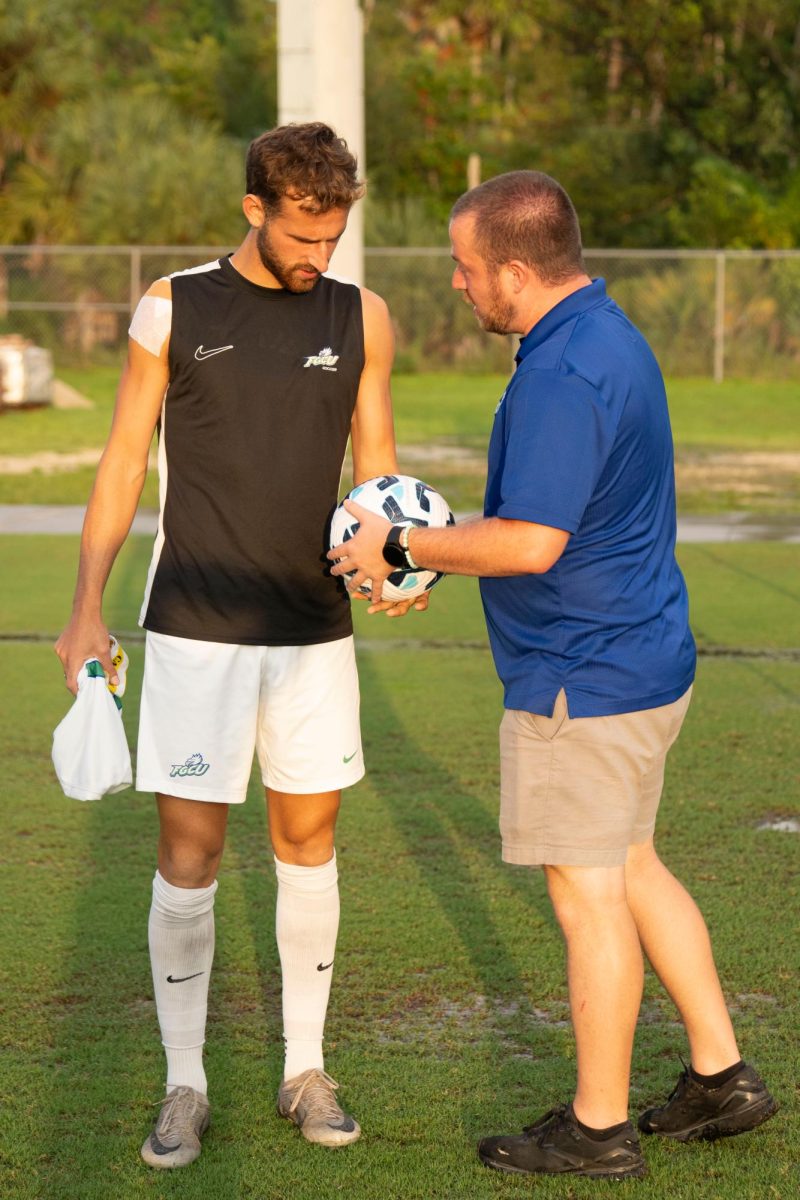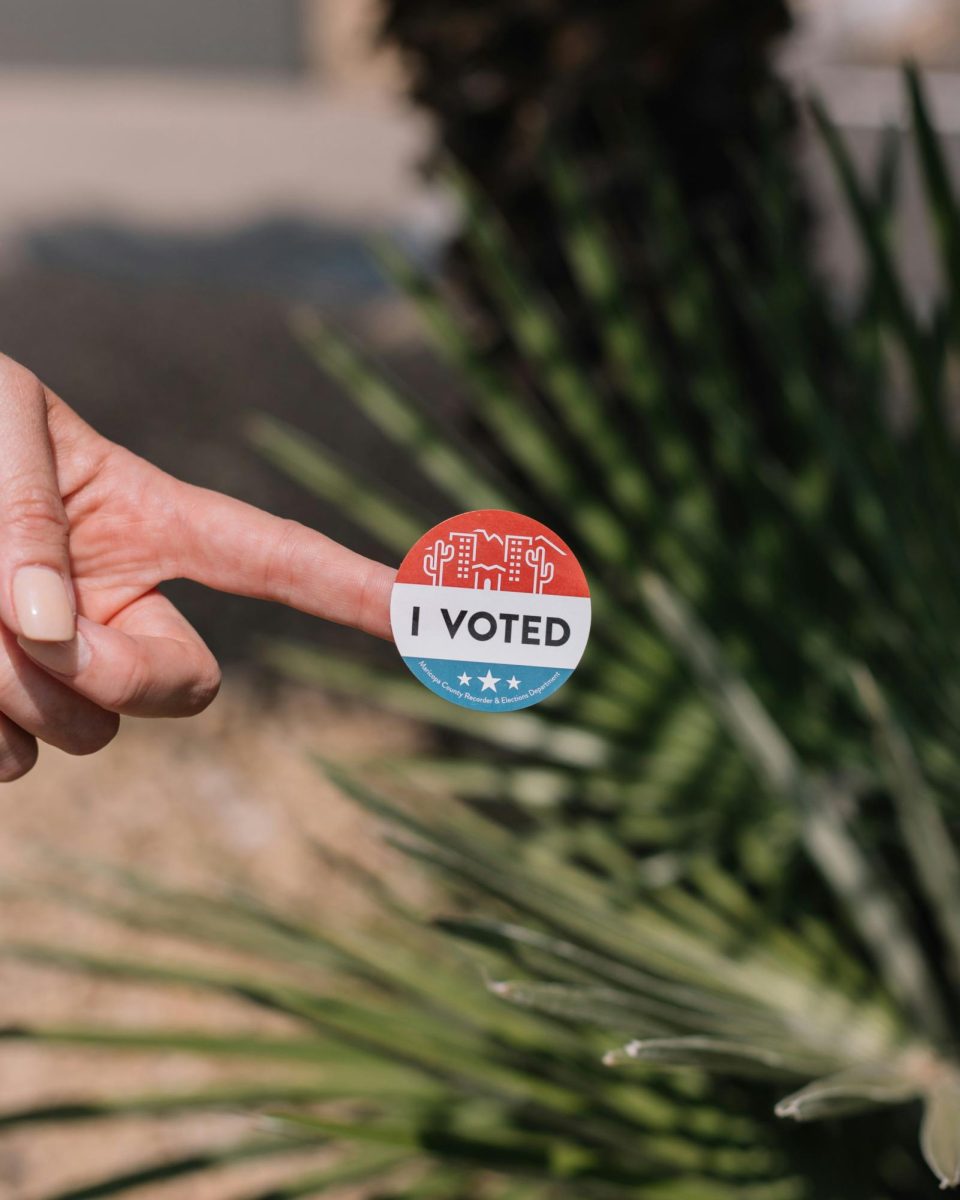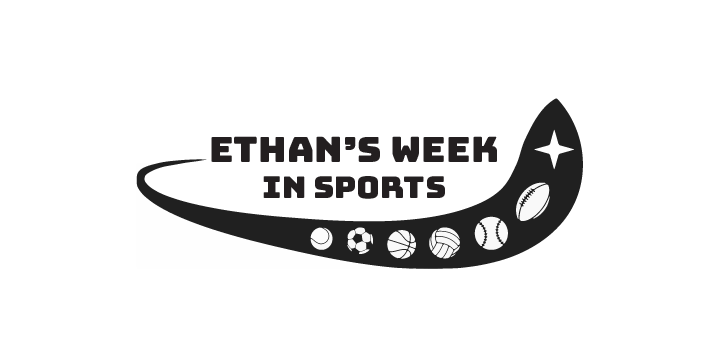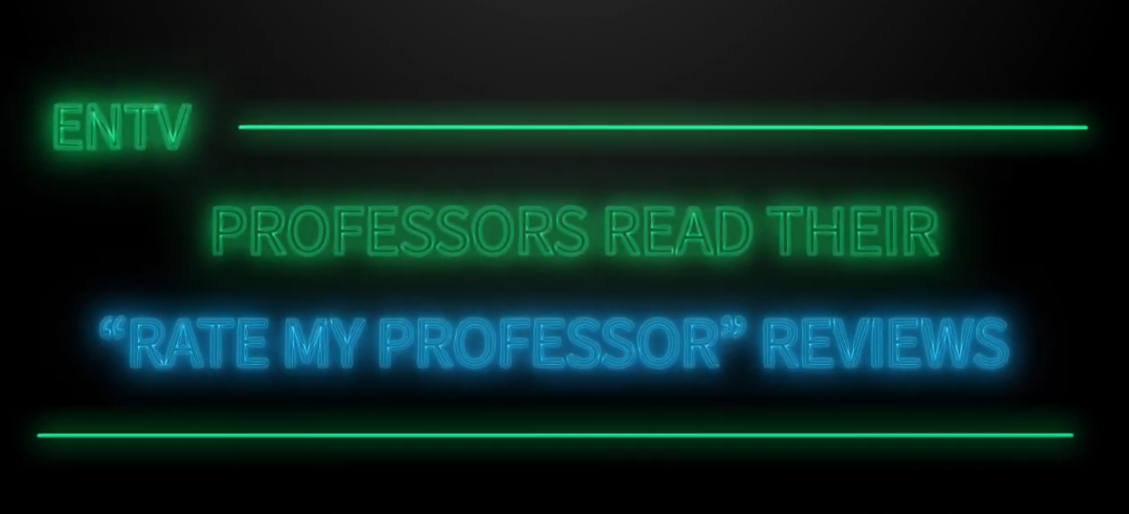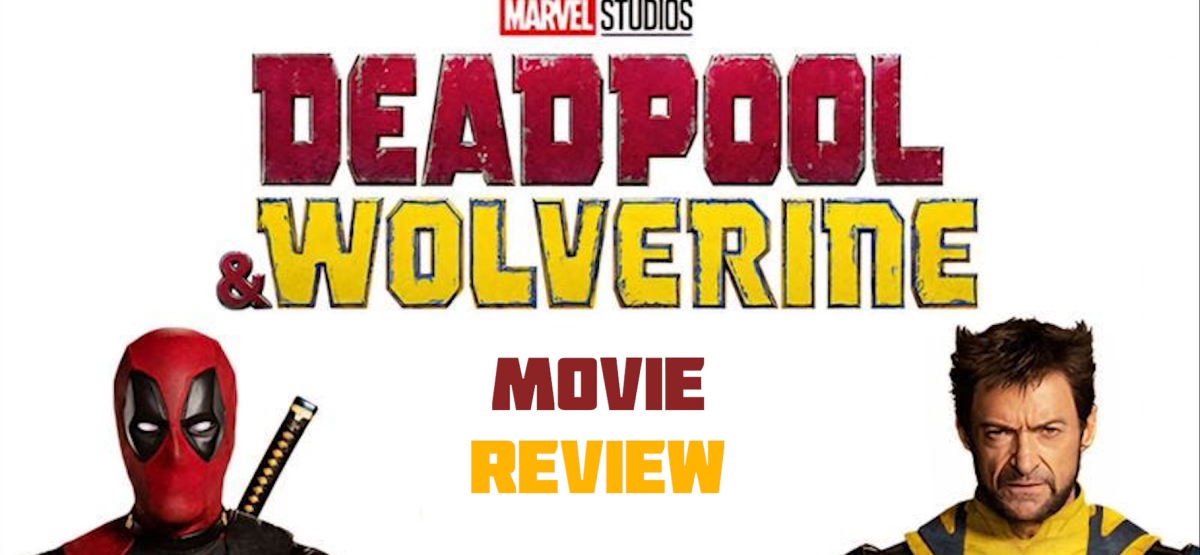How does profanity on TV and in music affect those who hear it?
“You wanna go down why not, I’ll be like Herbie and hand you a cock, and tell you that my name is AK. Get on your knees, make like the breeze begin to blow, but don’t give me no Ralph Lauren grin if you’re not down to go low.”
This is the opening verse to “Put It in Your Mouth,” on Akinyele’s 1996 album by the same title. These four lines comprise the only stanza of the song not containing a profane or directly obscene lyric. As you may have guessed, the song is all about oral sex and the consequences thereof.
Jon Stewart, host of Comedy Central’s “The Daily Show,” has had hundreds of high-profile guests on his program, including professional athletes, prominent scientists, major politicians and even the President of the United States.
Yet every night, you can count on Stewart to swear at least half a dozen times during the half hour program.
When we look at these brief examples of profanity in music and on television, how are we to know what effect it has on our society?
The First Amendment protects the use of such language, but what are the consequences?
Do celebrities legitimize Jon Stewart’s use of profanity? Does vulgarity in music desensitize the listener to harsh language?
A study published in Pediatrics by the American Academy of Pediatrics found “a positive association between exposure to profanity in multiple forms of media, and beliefs about profanity, profanity use, and engagement in physical and relational aggression.”
The conclusion of the study claimed that “exposure to profanity in media is directly related to beliefs and behavior regarding profanity and to aggressive behavior.”
There are numerous other studies conducted by universities and psychological researchers looking into the use of profanity in the media.
One, conducted by the Parents Television Council, compared the first two weeks of a networks 2010 fall shows with the 2005 shows and found an increase of 70 percent in the use of profanity. This kindles many questions as to how we address such a problem.
Should the Federal Communications Commission do more to restrict language on TV and in music? Is it the responsibility of the parents to oversee what their children are watching and hearing? Does our society need to adjust its views on profanity in general?
Shelby Kolo, a sophomore majoring in athletic training, thinks that parents need to use the FCC’s guidance responsibly.
“Some music is offensive,” said Kolo. “But it is mostly the job of the parents to know what their kids are listening to. The FCC plays a role, but the parents should use the FCC’s ratings when deciding what their kids will watch and listen to.”
The FCC defines profanity as “including language so grossly offensive to members of the public who actually hear it as to amount to a nuisance.” In other words, the FCC doesn’t
consider it profane until people complain and it becomes a problem for them.
Jared Craft, a freshman majoring in business marketing, isn’t offended by such language.
“Words are words,” Craft said, “and it’s all about how they are used. The word stupid can be harmful or offensive used in certain context.”
But what about Jon Stewart using profanity in his show and having high-profile celebrities on.
What kind of effect does this have?
“It certainly helps blur the line of what is appropriate in the work place,” said Craft. “Eventually, someone is going to view that language as offensive, and we all have to be conscious of how people will receive what is said.”
In other words, we all need to take responsibility for what we say and how people will perceive it.
With profanity on the rise in our media, we must find common ground in our attempt to remain inoffensive. We will certainly be the generation to set the tone for such language in the future.
Categories:
Socratic Segment: Profanity should be used responsibly
February 27, 2013
Story continues below advertisement
0




